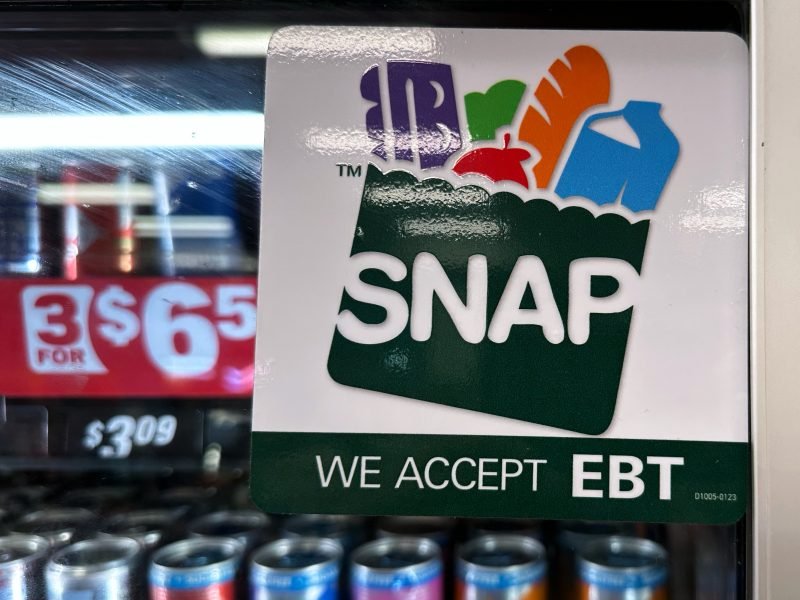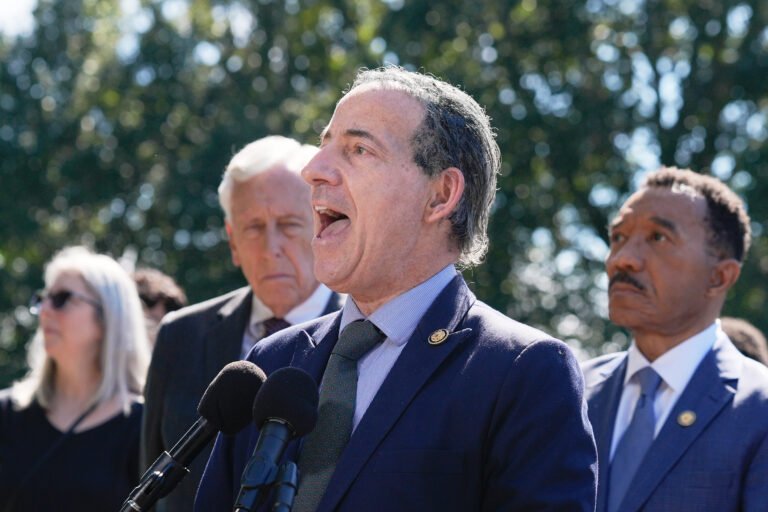
The Trump administration returned to the Supreme Court on Monday in its fight against full Supplemental Nutrition Assistance Program (SNAP) payments during the government shutdown.
Solicitor General D. John Sauer confirmed to the justices that the federal government intends to ask the high court to pause orders from lower courts to maintain full SNAP payments, which provide federal food assistance to families in need.
His notice comes after a federal appeals court late Sunday rejected the administration’s bid to halt U.S. District Judge John McConnell’s order, which directed the government to fund November SNAP payments by transferring some $4 billion in child nutrition funds.
Though those payments remain frozen under a Friday night ruling from Supreme Court Justice Ketanji Brown Jackson, the appeals court’s decision starts a 48-hour clock for it to expire.
It also comes as Congress moves closer to reopening the government, which Sauer noted in his letter to the court.
He flagged for the justices that the Senate on Sunday voted to begin the process for funding the government, which would include full funding for SNAP through the end of the fiscal year.
“That proposal, if ultimately adopted by both Houses of Congress and signed by the President, would end the shutdown and moot this application,” Sauer wrote.
The solicitor general also noted that a federal judge issued another temporary injunction Monday morning tied to the SNAP payments.
U.S. District Judge Indira Talwani temporarily paused a U.S. Department of Agriculture memorandum that said states that sent full SNAP payment files for November must “immediately undo any steps taken to issue” full benefits.
Sauer said the government would file a supplemental brief by 4 p.m. EST.
The Trump administration first appealed to the Supreme Court after McConnell ruled that the administration needed to provide full SNAP payments for November by last Friday, after finding it was acting arbitrarily and capriciously by not transferring the child nutrition funds to fully fund SNAP during the shutdown. He had previously ruled that the administration needed to deplete a $5 billion SNAP emergency fund, at minimum, to ensure benefits went to families and people with no or limited incomes.
Justice Department lawyers argued that such a move would unacceptably put those programs at risk, and Sauer contended it would “sow further shutdown chaos.”
The Senate advanced a vehicle late Sunday to end the 41-day shutdown — the longest in history — after a group of Democrats joined Republicans to provide the necessary votes. The legislation would fund SNAP aid and other programs, in addition to providing backpay for furloughed federal workers.


